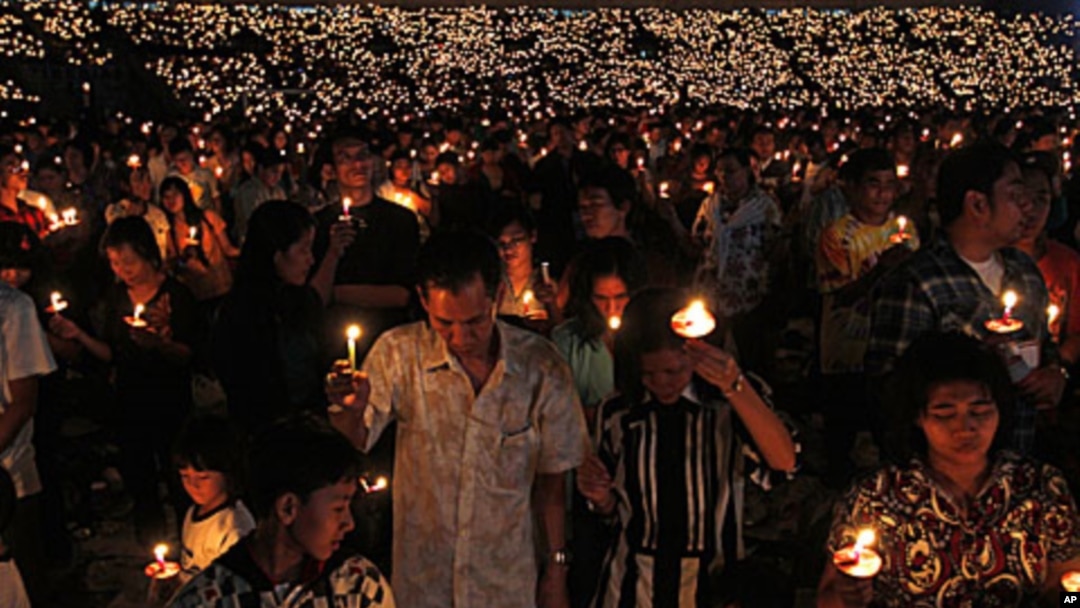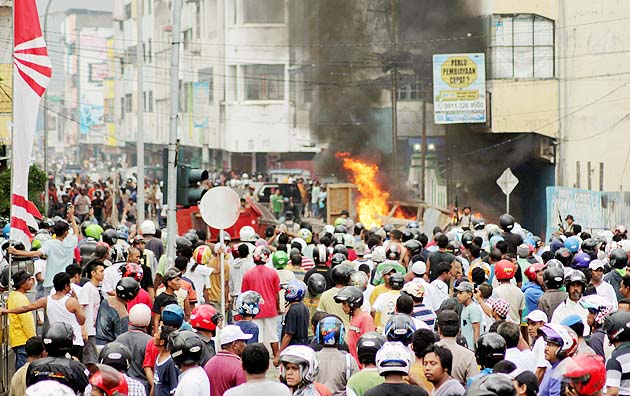Religious Conflicts: Promoting Harmony in Indonesia – My Honest Take
JAKARTA, turkeconom.com – Religious conflicts have repeatedly tested Indonesia’s social fabric—from the communal clashes in Maluku and Poso to localized tensions over places of worship. As the world’s largest Muslim-majority nation with vibrant Christian, Hindu, Buddhist, and indigenous faith communities, Indonesia’s diversity is both its strength and its vulnerability. In this honest take, I’ll explore the roots of religious conflicts, assess their impact, and offer practical ways we can promote lasting harmony in our archipelago.
Historical Roots of Religious Tensions

- Dutch “divide and rule” policies that institutionalized religious and ethnic divisions
- Early post-independence frictions as communities vied for local political influence
- The rise of political Islam in the 1950s–1960s and its effect on minority faith groups
The Current Landscape
- Pancasila and the Bhinneka Tunggal Ika (“Unity in Diversity”) doctrine as legal foundations
- Recent flashpoints:
• Disputes over church permits (e.g., Bogor, Bekasi)
• Targeting of minority groups such as Ahmadiyah and Shia communities
• Online hate speech and misinformation on social media
Key Drivers of Religious Conflicts
- Identity Politics
• Politicians or local elites exploiting religious sentiment for votes - Legal Ambiguities
• Vague local regulations on house-of-worship permits (Perda Intoleran) - Socioeconomic Disparities
• Competition over land, jobs, and resources heightening mistrust - Digital Echo Chambers
• Viral hoaxes and unmoderated messaging apps fueling polarization
Societal Impact
- Erosion of mutual trust between communities
- Displacement and trauma for affected families
- Deterrent to foreign investment and tourism in affected regions
- Undermining Indonesia’s image as a moderate, pluralistic nation
Strategies for Promoting Harmony
5.1 Strengthening Legal Protections
- Harmonize national laws with international human-rights standards
- Enforce the 2008 Joint Ministerial Decree on places of worship consistently
5.2 Interfaith Dialogue & Education
- Integrate comparative religious studies and civic education in school curricula
- Support local “Peace Clubs” (Kelompok Kerukunan Umat Beragama) for youth
5.3 Empowering Moderate Religious Leaders
- Provide training and platforms for pesantren and gereja leaders who champion tolerance
- Amplify voices of respected figures (e.g., Nahdlatul Ulama, Persekutuan Gereja-Gereja)
5.4 Civil Society & Community Initiatives
- Fund grassroots NGOs that facilitate joint community projects (clean-ups, festivals)
- Promote cross-faith volunteerism and cultural exchanges
5.5 Responsible Media & Digital Literacy
- Encourage fact-checking partnerships (e.g., MAFINDO) to debunk religious hoaxes
- Launch digital-literacy campaigns to curb hate speech on social platforms
Success Stories & Best Practices
- Ambon Peace Process (2002–2005): Former combatants turned into peace ambassadors, leading to community-driven reconciliation
- Solo Interfaith Festival: Annual art and music event bringing together mosques, churches, temples, and traditional communities
- Pesantren Dialogues: Islamic boarding schools hosting Christian and Hindu students for shared classes and discussions
My Honest Take: Reflections & Recommendations
- True harmony requires active engagement—not just legal decrees.
- Youth are the key: empower them with critical thinking, intercultural skills, and platforms to co-create solutions.
- The private sector must invest in inclusive CSR programs that bridge religious divides.
- Government consistency: enforcing anti-discrimination laws uniformly, even in remote regions.
- Finally, every citizen—regardless of faith—shares responsibility. Simple acts of kindness, attending a neighbor’s holiday celebration, or correcting misinformation in your network can ripple out into broader peace.
Conclusion
Religious conflicts in Indonesia are not inevitable. By combining legal reforms, education, interfaith dialogue, and community action, we can reinforce our shared identity under Pancasila and Bhinneka Tunggal Ika. My honest take is that harmony begins at the grassroots: one conversation, one joint activity, and one decision to reject hate at a time.
Sharpen Your Skills: Delve into Our Expertise on Politic
Check Out Our Latest Piece on Political Activism: Grassroots Movements in Indonesia!











